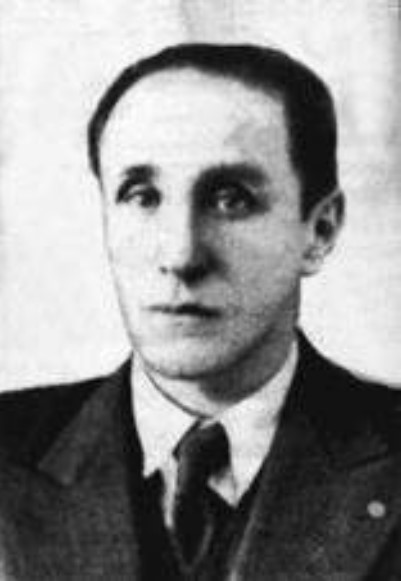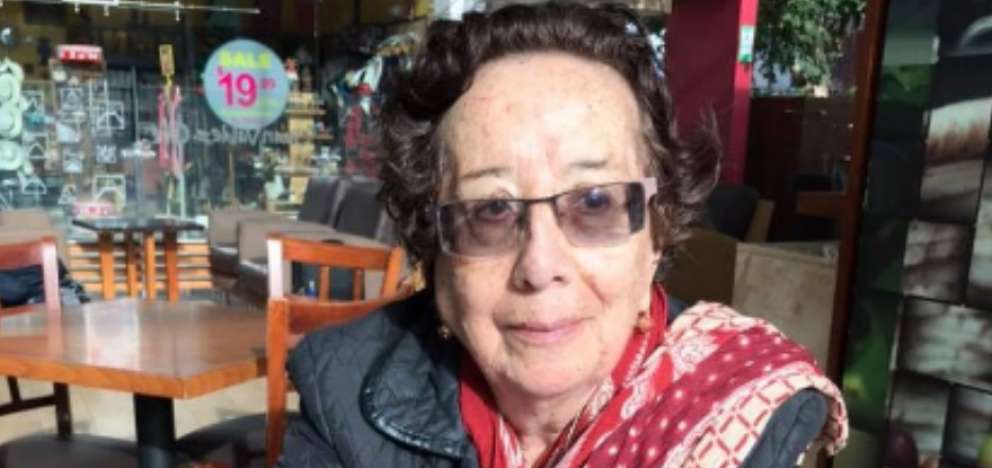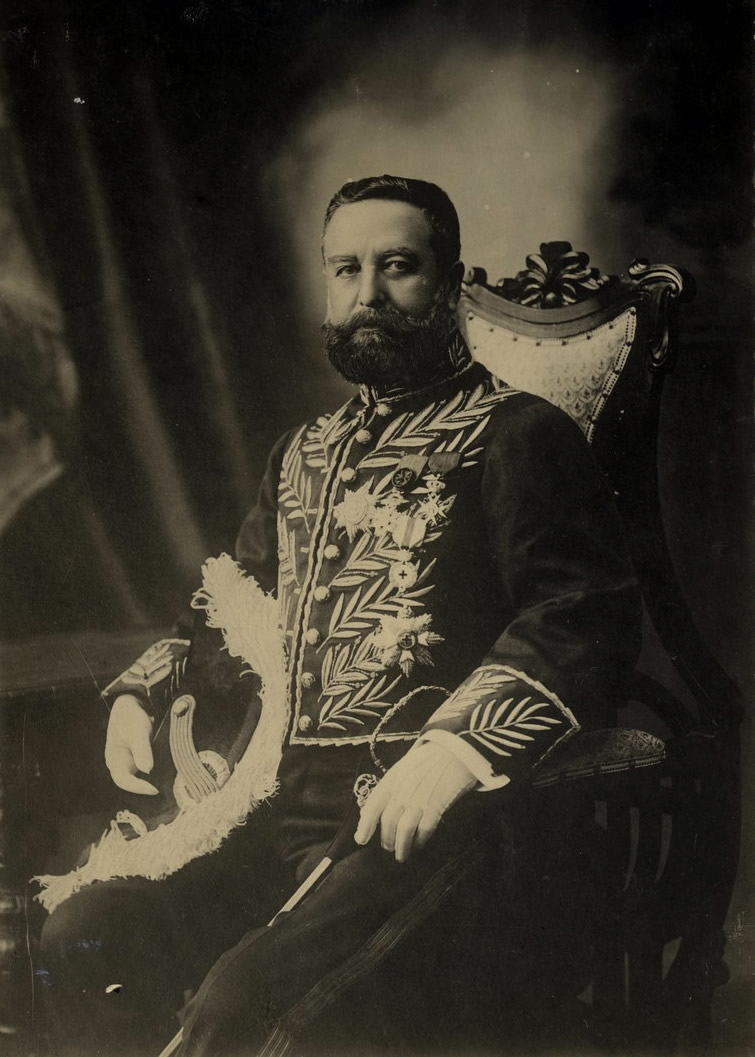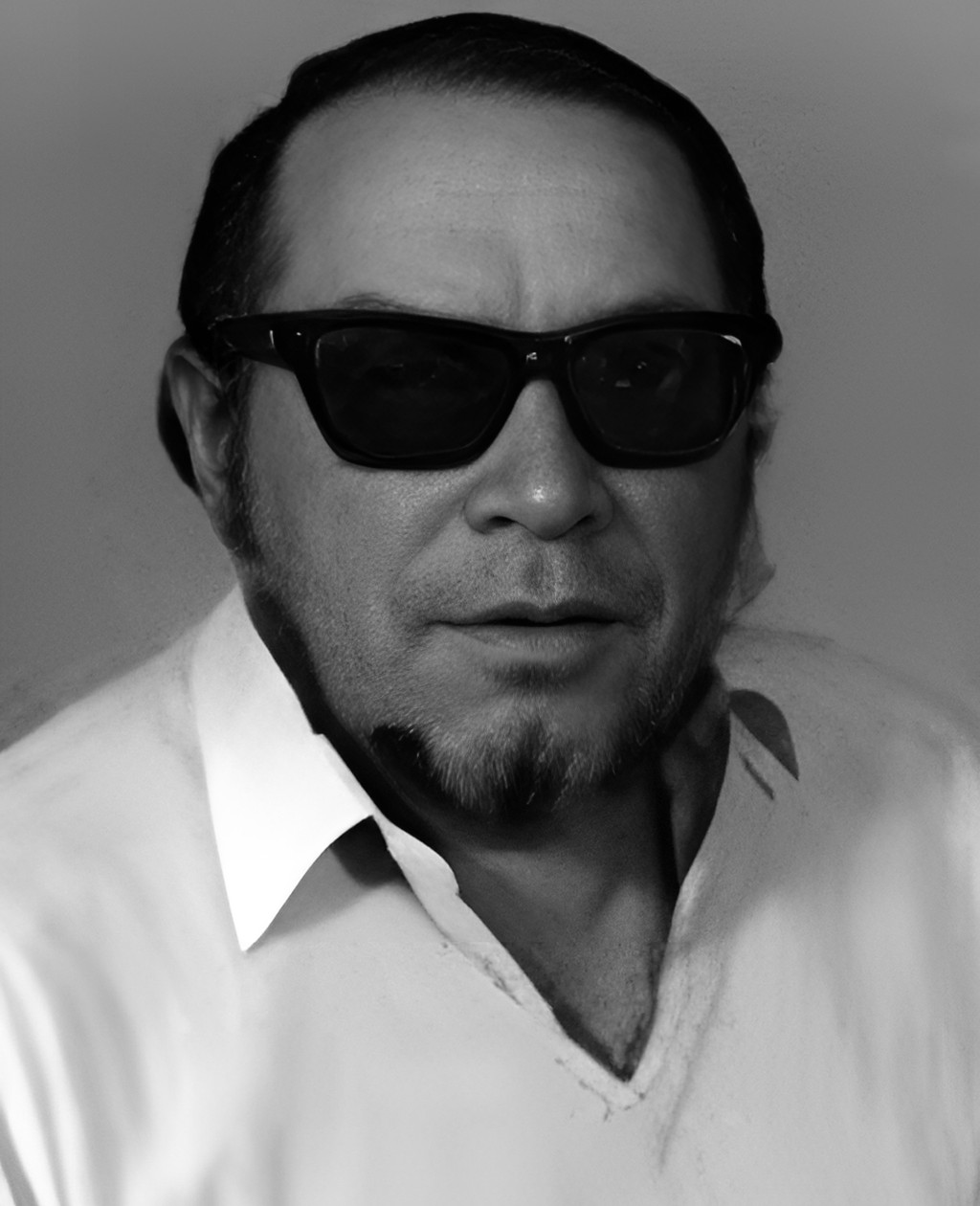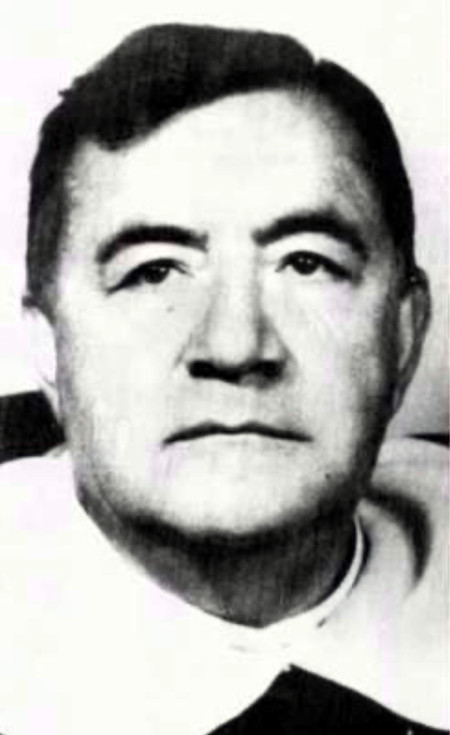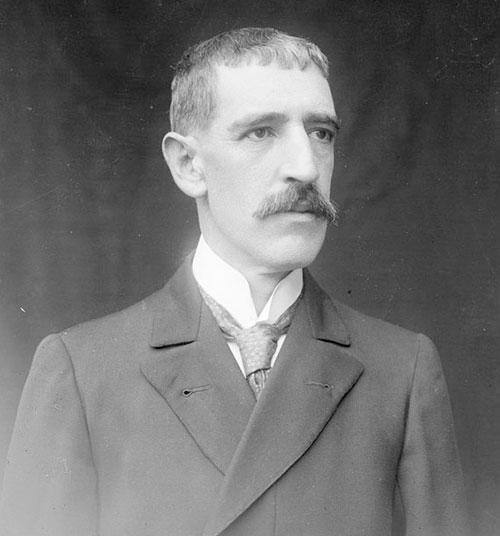Carlos Aguilar Vásquez (Gima, Ecuador, September 15, 1897 – Azogues, Ecuador, April 12, 1967) was an Ecuadorian poet, novelist, and doctor. His work spans multiple genres, including novels, poetry, and essays. Notable works include Los Idrovos (1942), a historical novel exploring Ecuador’s political and social dynamics, and La Cruz del Machete (1928), a narrative about a guerrilla fighter. He also wrote poetry collections like Versos Oscuros (1953) and essays on public health and anti-alcoholism, reflecting his deep social commitment. In addition to his literary contributions, he held various public service roles and received the Fray Vicente Solano award in 1964 for his cultural influence.
Continue reading “Carlos Aguilar Vásquez”Category: Writers from Azuay
Raquel Rodas Morales
Raquel Rodas Morales (Paute, Azuay, June 1940-Quito, November 1, 2018) was an Ecuadorian writer, historian, and feminist. She dedicated her life to teaching, studying philosophy, and conducting research from a feminist perspective on the contributions of influential women in the history of Ecuador, such as Tránsito Amaguaña, Dolores Cacuango, and María Luisa Gómez de la Torre. Raquel Rodas authored numerous books dedicated to women’s history and the feminist movement. Her extensive research and writings have significantly contributed to the understanding of women’s experiences, the impact of patriarchy, and the struggles faced by women throughout history. The Metropolitan Council of Quito awarded her the Mention of Honor for Relevant Services to the City.
Continue reading “Raquel Rodas Morales”José Peralta
José Peralta Serrano (Chaupi-Yunga, Gualleturo, present day Cañar, 1855 – Quito, December 27, 1937) was an Ecuadorian lawyer, politician, diplomat, educator, writer and journalist who founded several liberal journals in the 19th and early 20th century. He is considered the greatest ideologue of the Liberal Revolution. His works, such as “¿Ineptitud o traición?” (1904), “Tipos de mi Tierra” (1910), “El régimen liberal y el régimen conservador juzgados por sus obras” (1911), and “Eloy Alfaro y sus victimarios” (1951) are an invaluable part of Ecuadorian literature’s heritage. He was an ally of Eloy Alfaro (President of Ecuador from 1895 to 1901 and from 1906 to 1911) and held various diplomatic and public posts during Alfaro’s rule. He was one of the drafters of the 1906 constitution. He was proposed by Alfaro as a candidate to succeed him as president of the republic, which he declined in order to avoid violence from conservatives factions.
Continue reading “José Peralta”Rubén Astudillo y Astudillo
Rubén Astudillo y Astudillo (El Valle, Cuenca, 1938 – January 16, 2003) was a poet, journalist, and diplomat. He began his writing career in Cuenca, where he created the Amanecer literary group and produced a magazine by the same name. In 1957, he published his first collection of poems, “Del crepúsculo,” followed by “Trébol sonámbulo” (1958), and “Desterrados” (1960). He then established the literary journal Syrma. In 1963, he published his best known poetry collection, “Canción de lobos,” with which he pioneered what he termed as poesía testimonialista [testimonialist poetry] in Ecuador. He served as a diplomat at the Ecuadorian embassies in Israel, Cyprus, Venezuela, Vietnam, and China.
Continue reading “Rubén Astudillo y Astudillo”José María Vargas
Fray José María Vargas Arévalo O.P. (Chordeleg, Azuay, November 9, 1902 – Quito, March 25, 1988) was a distinguished Ecuadorian Dominican friar, historian, and author. Ordained on December 28, 1928, he made significant contributions to historical literature. His works include biographies of the 16th-century South American painter Fray Pedro Bedón and the Spanish Dominican missionary Fray Domingo de Santo Tomás. Vargas was renowned for his in-depth historical accounts of Ecuador, with notable titles like “La Cultura del Quito Colonial,” “La Evangelización en el Ecuador,” and “La Misión Científica de los Geodésicos Franceses en Quito.” His outstanding contributions to Ecuadorian culture were honored in 1984 when he was awarded the prestigious “Premio Eugenio Espejo” in the category of Culture.
Continue reading “José María Vargas”Octavio Cordero Palacios
Octavio Cordero Palacios (Santa Rosa, Azuay, May 3, 1870 – Cuenca, December 17, 1930) was an Ecuadorian writer, poet, playwright, mathematician, lawyer, professor, and inventor. Known for his early literary works such as Gazul (1890) and Los Hijos de Atahualpa (1891), he was also a prolific translator, famously rendering Edgar Allan Poe’s The Raven into Spanish. A graduate of the Universidad de Cuenca, he practiced law and served as a judge while pursuing his intellectual passions, which included pioneering inventions like the Clave Poligráfica, a mechanical translation device. Today, the town where he was born bears his name.
Continue reading “Octavio Cordero Palacios”
